Brussels claims it is Spain’s responsibility to investigate cases like those of Koldo and Cerdán

Brussels – The European Commissioner for Justice, Michael McGrath, on Tuesday left the investigation of the corruption cases revealed in the context of the Koldo case in the hands of the Spanish authorities and announced the publication next week of the rule of law report in the EU, which will assess Spain and the rest of the European countries.
In an interview with the European Newsroom (ENR), which includes EFE, McGrath declined to comment on “any specific allegation” that still needs to be investigated by the relevant authorities and pointed out that the primary responsibility for investigating corruption cases lies with the affected country.
“One of the fundamental pillars we assess in the annual rule of law process is the robustness of anti-corruption regimes in each member state. With Spain, as well as with the other member states, we will present our most recent assessment of this issue in the rule of law report,” McGrath explained.
The Irish commissioner said that this report, which is scheduled for publication next Tuesday, is expected to explore the “overall environment regarding the ongoing anti-corruption systems,” both for Spain and for the other countries.
“What matters most to us is that each EU country has the appropriate structures to address corruption and that they demonstrate not only the capacity but also the willingness to tackle it when it arises,” he added.
Hungary and the upcoming EU budget
The Irish commissioner reviewed in the interview the instruments available to Brussels to warn and sanction European governments when they violate the basic values of the EU and noted that in the case of the Article 7 mechanism, under which Hungary has an open stalled file, progress depends on the willingness of the other countries.
“We have to work with the treaties we have,” McGrath acknowledged regarding the distant possibility of withdrawing Hungary’s voting rights in the Council, which would only be possible if the other countries unanimously supported it.
Hungary is the most pressing front for the EU in terms of the rule of law, with episodes such as the government ban on the Pride march that ultimately took place last Saturday under threats of legal consequences for the participants and the Hungarian government’s accusation against Brussels of having “orchestrated” the protest.
“We have orchestrated nothing. We have witnessed an organic reaction from grassroots organizations, ordinary citizens of Hungary with support from international parties and with the symbolism of hundreds of thousands of people in the streets of Budapest defending the right to assemble peacefully and recognizing the importance of equality,” McGrath emphasized.
The commissioner indicated that Brussels expects the next proposal for the community budget for seven years (2028-2034) to be accompanied by an initiative to review the mechanism that links compliance with European values to the disbursement of funds that allows Brussels to “respond more quickly when it sees violations of the rule of law.”
“We need a more agile instrument that provides answers so that member states are clear from the outset about their obligations,” he stated.
“Explosion” of packages arriving from China
On the other hand, the European Commissioner for Consumers urged to “be very clear about the risks and opportunities” of trade with China in light of the “explosion” in the number of small packages entering the EU, about 12 million a day, of which 90% come from the Asian giant and mostly enter through platforms like Temu or Shein.
“They are a relevant trading partner, but respect for each other’s rules must be unequivocal. Chinese platforms clearly see Europe as a very lucrative market, and we need to reflect on the consequences,” he warned.
McGrath recalled that Brussels has already proposed ideas such as a two-euro fee for the entry of small packages into the European Union, but at the same time acknowledged that the current volume of imports is leading the system to “collapse,” which is why he will personally visit China in 2025 to discuss the situation with the Chinese authorities.
In this area, Brussels also plans to present the Digital Fairness Act by the end of 2026, which, among other aspects, aims to regulate the role of ‘influencers’, the possibility of canceling online subscriptions, the addictive design of platforms, or dark patterns. (July 1)






























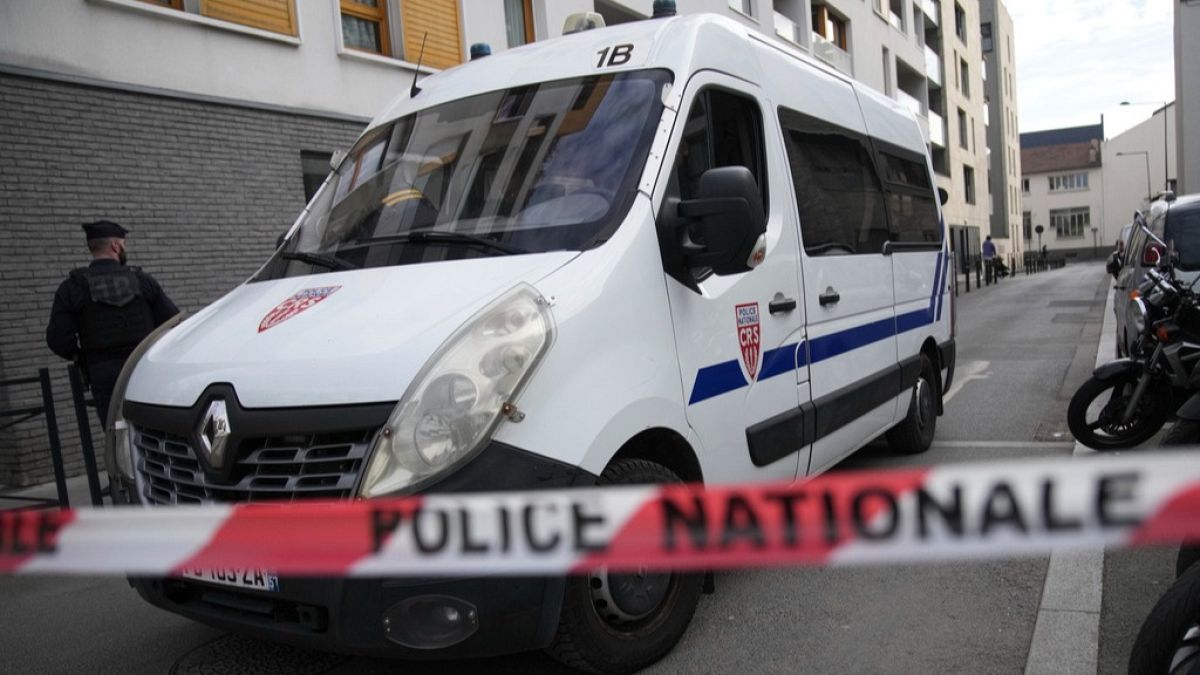





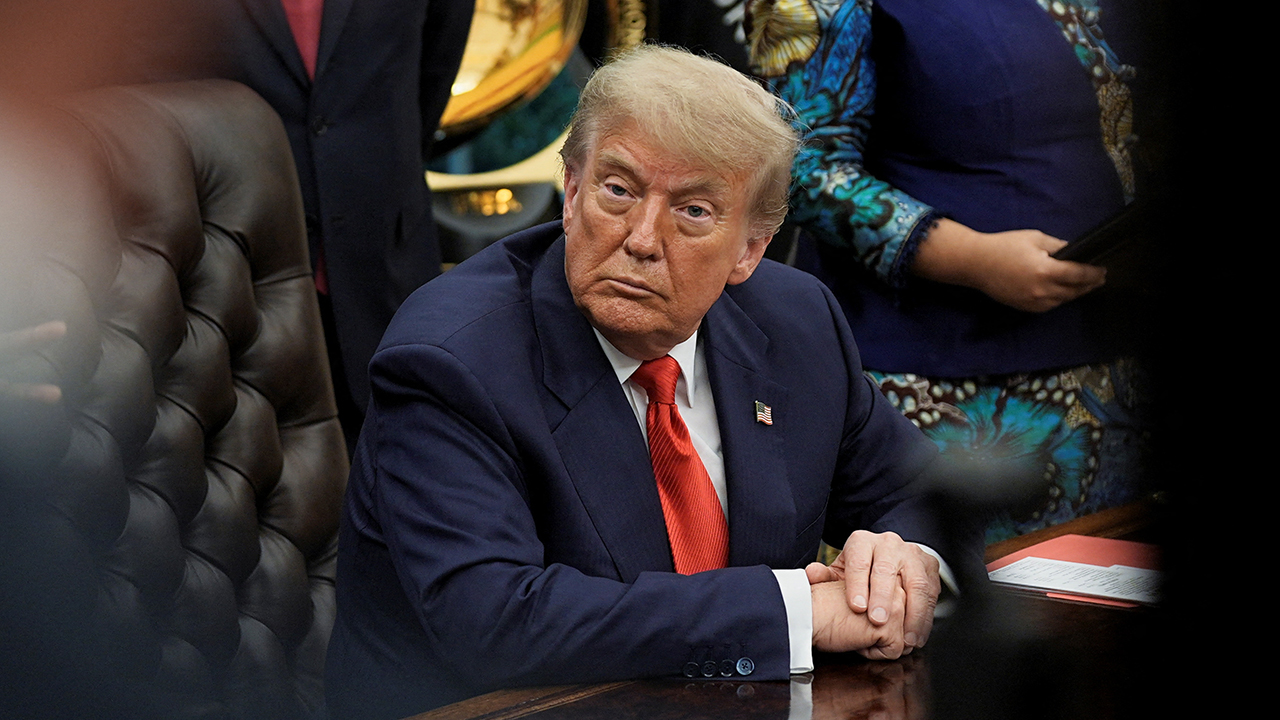





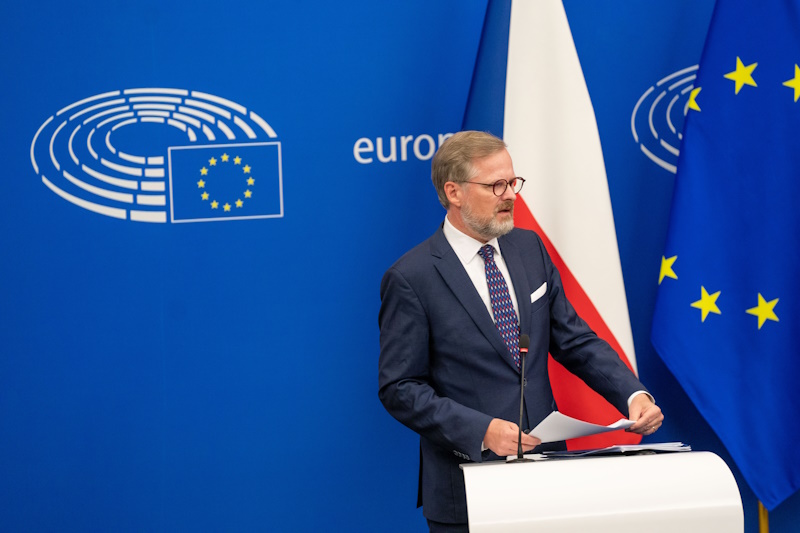

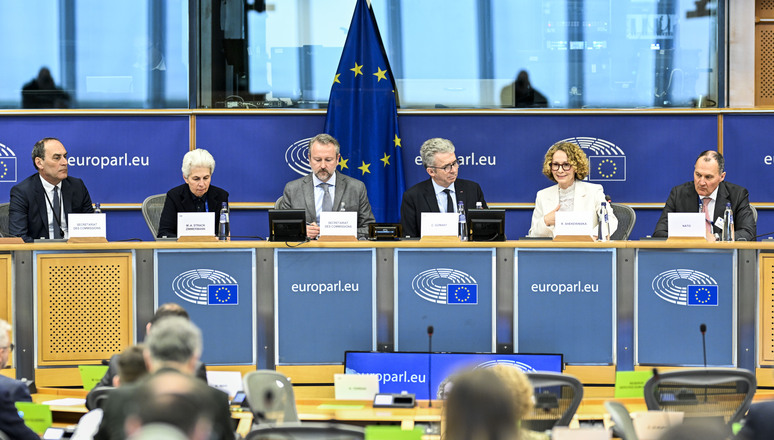
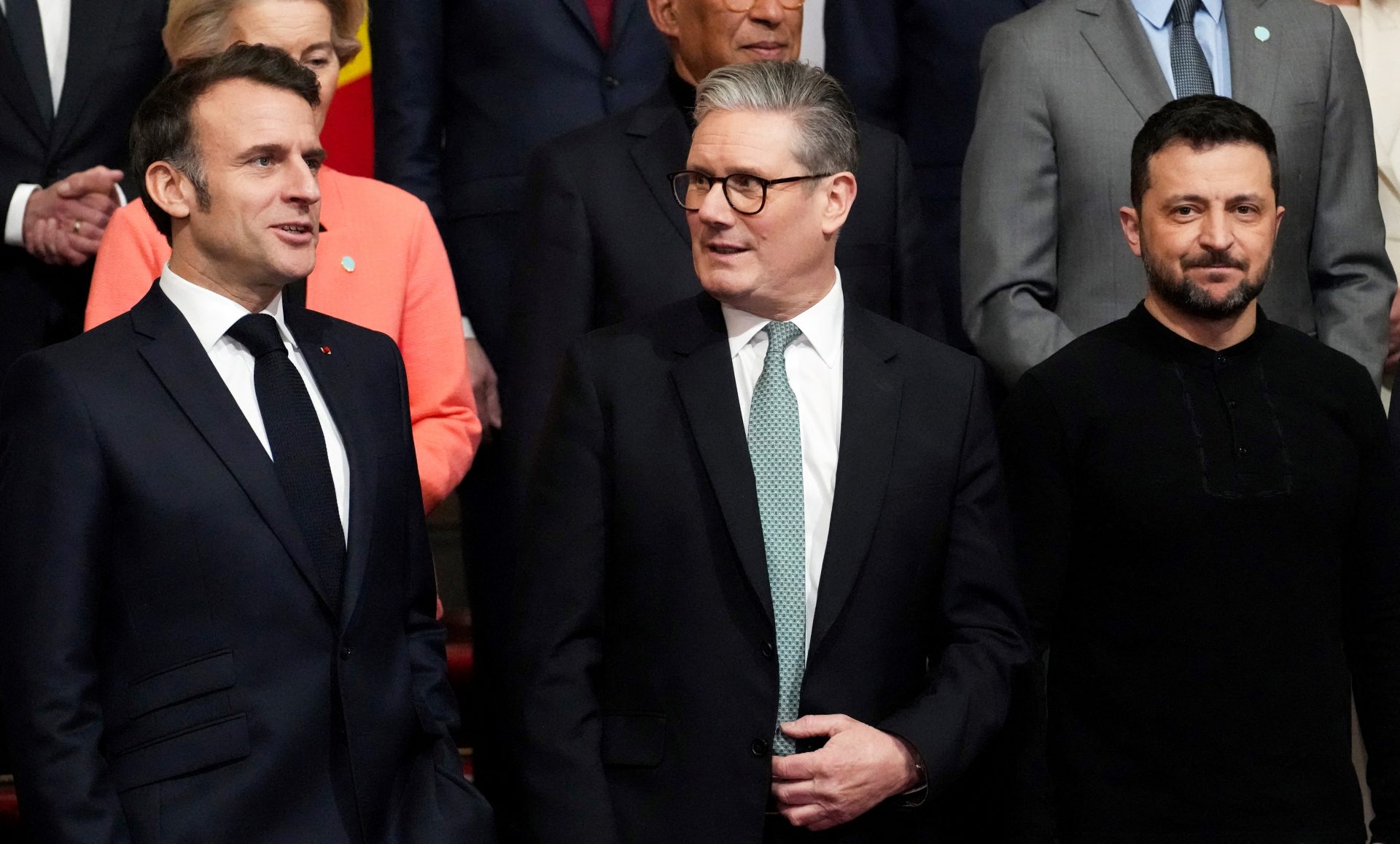
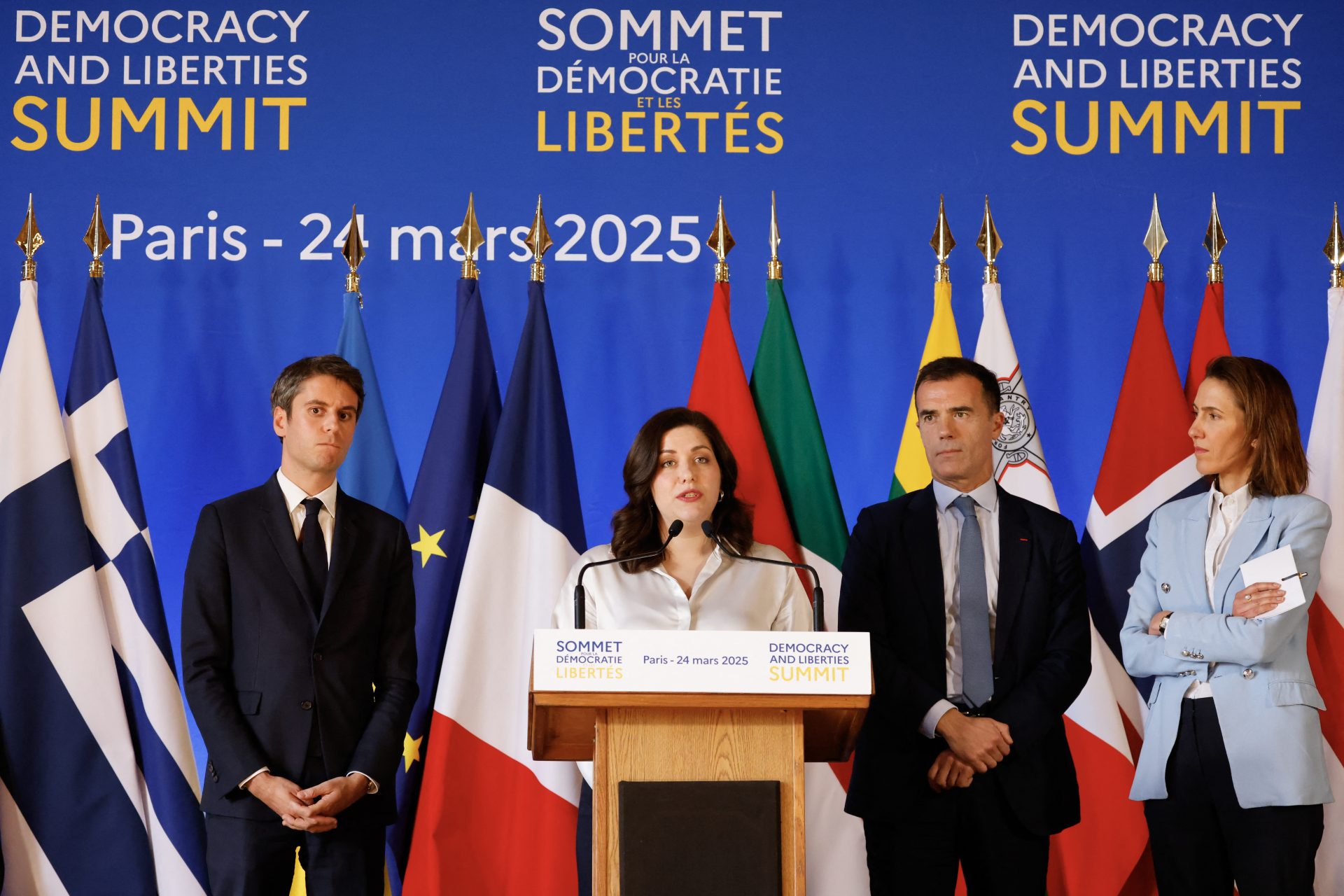



.png?Expires=1838763821&Key-Pair-Id=K2ZIVPTIP2VGHC&Signature=IO0~CT3pU-TcxGc~yoZSmoQx23MZVuK-~4jSii~NKEblRmyO3el7NXPu~Rh1o23voASg7hlcHLw4kvQuDK1jssEhcjoNBBvEpZ~GGOAU6yosBhpHpeF179F~h7i6VxmsBNh9gtTutkoqY73O2YCFey~IAqSzKbBqETP1kP9cAg1916Z1YkJJs-5MliMrkZ5d7-mWGLbpHp2wGj2VlMph8XzYlL4~y1O7fB~JdIS~Rs4RMRs2x0WT1qUIpHAsf3GdwtOyAmKFSpIg8xCyNGZZ5h~13nXlmpd7uPvW8tBfttpG9pFTqcway-uch5WyfHOEfi7UlJCOWrr6fCYY5PMgSg__)







